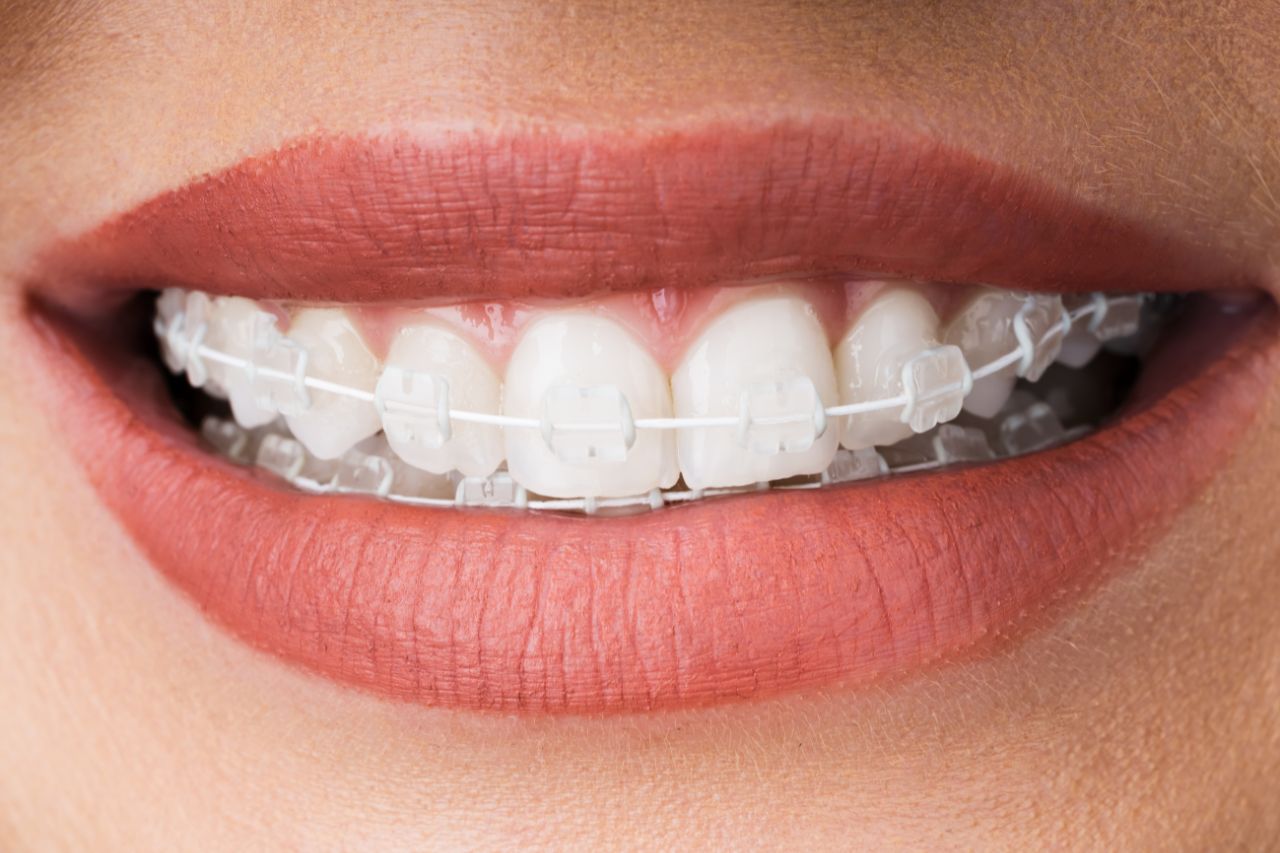Dealing with emergencies with metal braces can be stressful for both teens and parents, especially if you’re unsure how to manage sudden issues like broken Metal Braces Treatment, poking wires, or severe discomfort. Knowing how to respond to these orthodontic emergencies is crucial in preventing further damage and ensuring treatment stays on track. This guide will walk you through everything you need to know, from prevention to aftercare.
Why Emergency Preparedness Matters During Braces Treatment?
Emergencies with metal braces, although not life-threatening, can interrupt progress if not handled quickly and correctly. Orthodontic treatment relies on consistent pressure over time, so any disruption—such as a loose bracket or damaged wire—may affect results or extend treatment time.
Reasons to be prepared for brace-related emergencies:
- Avoid delays in treatment due to broken or dislodged hardware
- Prevent oral injuries caused by sharp edges or loose components
- Minimize pain and discomfort between appointments
- Maintain the hygiene and function of the braces during issues
Teaching your teen how to stay calm and take temporary action can make all the difference before getting professional help.
Common Risks and Types of Braces Emergencies:
Emergencies with metal braces often stem from accidents, poor oral hygiene, or eating foods that aren’t braces-friendly. Recognizing the signs of an issue early allows for quicker resolution and less impact on your teen’s orthodontic progress.
Most common braces emergencies include:
- Broken brackets or loose bands
- Poking or bent wires causing irritation
- Lost or missing rubber bands
- Mouth sores due to braces rubbing against soft tissue
- Food stuck in brackets or wires causing pain or pressure
These situations can usually be managed temporarily at home until an orthodontic visit can be scheduled.
Benefits of Knowing What to Do in a Braces Emergency:
Being equipped to handle emergencies with metal braces empowers parents and teens to take action confidently. Rather than panicking, you can rely on simple solutions that provide comfort and prevent damage until professional help is available.
Why being informed is beneficial:
- Reduces the need for unscheduled visits
- Helps maintain braces integrity during issues
- Builds your teen’s confidence in handling minor problems
- Encourages a proactive approach to oral care
Quick responses can make all the difference in minimizing the consequences of an orthodontic emergency.
Preparing for Emergencies Before They Happen:
Preparation starts with understanding the do's and don'ts of braces care and having the right tools available at home. Taking proactive steps can prevent most emergencies or allow you to handle them effectively when they arise.
How to prepare your teen for braces emergencies:
- Keep an emergency braces kit with wax, floss, tweezers, and a small mirror
- Educate your teen on what foods to avoid (hard candies, gum, popcorn)
- Teach how to apply orthodontic wax over poking wires or rough brackets
- Show them how to gently reposition a wire using a cotton swab or pencil eraser
- Have the orthodontist’s number saved and easily accessible
Preparedness not only helps resolve emergencies quickly but also promotes accountability in your teen’s oral care routine.
Aftercare: Managing Discomfort and Follow-Ups
Once a Metal Braces emergency has been addressed, it’s important to take proper aftercare steps to avoid recurrence and ensure everything heals properly. Discomfort may persist briefly, but simple remedies can ease the process.
Aftercare tips following a metal braces emergency:
- Rinse with warm salt water to soothe sore spots
- Use over-the-counter pain relievers as directed for lingering discomfort
- Monitor the area for swelling or ongoing irritation
- Follow up with your orthodontist to assess and fix the issue permanently
- Reinforce proper oral hygiene to prevent further problems
Good aftercare keeps small issues from turning into major setbacks in your teen’s orthodontic treatment.
FAQs:
What if a bracket breaks off completely?
Use orthodontic wax to cover the area and call the orthodontist for a repair appointment.
Can a poking wire be trimmed at home?
It’s best to gently push it back with a pencil eraser. Trimming should be left to a professional unless absolutely necessary.
Is it normal for teeth to hurt after an emergency?
Mild pain is normal, especially after a wire adjustment or irritation. Use saltwater rinses and soft foods for comfort.
What foods can help soothe the mouth after a braces issue?
Stick to soft, cool items like yogurt, applesauce, smoothies, and mashed potatoes until soreness fades.
Conclusion:
Emergencies with metal braces don’t have to be a major setback if you know how to handle them properly. With preparation, a calm mindset, and quick responses, you can help your teen navigate these situations with ease and confidence. Remember, staying informed and proactive is the best way to keep your child’s orthodontic journey smooth, safe, and successful.

